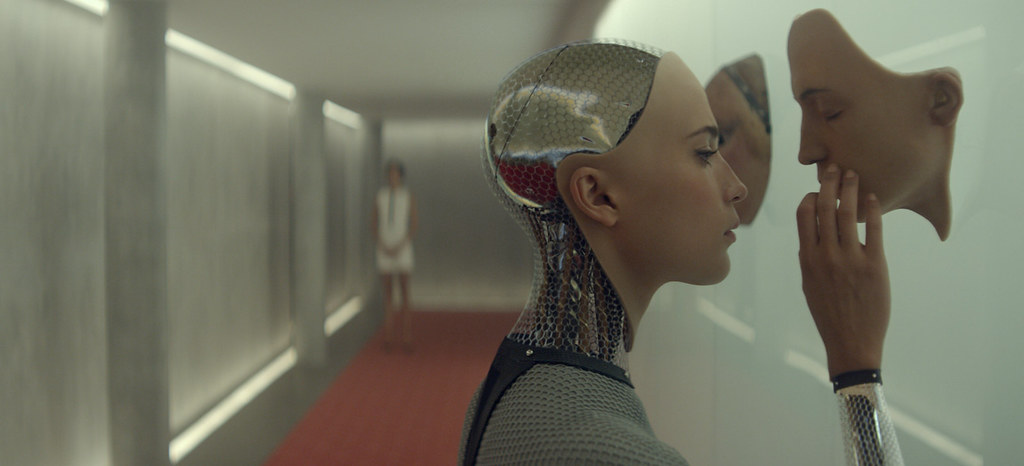* Why ‘the digital’ is written here in quotation marks will be elaborated more on in my next blogpost, but has to do with the fact that I’m not entirely sure just what the digital actually entails and what it means in social, cultural and educational/research contexts.
I was born in 1998, just around the time the Internet really started to take off and take form as something that would eventually become an omnipresent part of daily life. Around the time that I started going to primary school, the internet had become a mundane part of our society, but it hadn’t yet taken over the structures I was involved in. I still worked in paper notebooks, made my tests in a classroom with a fountain pen, got taught on a chalkboard, played in the schoolyard with my friends and as far as I know signing up for things was still very physical and on paper. Sure, we played games or listened to music on the computer or picked up our Nintendo DS’s after we came home, but the internet wasn’t that big of a deal in my mind since it was just for entertainment purposes when we couldn’t (or didn’t want to) go outside. At the end of primary school the internet had become more present in my world, me and my friends were on Hyves all the time and slowly we started to exchange our flip phones or Nokia ‘koelkasten’ for BlackBerries and other early smartphones. By the time I went to high school that had escalated to different social media platforms we maintained, begging our parents for the first iPhones and/or Samsung devices and having to arrange most education-related things through the online school environment. I don’t think I need to tell you that during high school, the influence of the internet only grew. We were getting more and more attached to our digital devices and the possibilities and impulses it gave us. Drawing in notebooks became sneaking our phones into class, games in the schoolyard became (communal) games we played online, using textbooks for homework or tests became Googling as much as you could and showing up for the school picture in your best outfit became trying to make a (social media) ‘photogenic’ moment out of everything. When the time of picking a university came around, we were used to everything being connected to the internet or being arranged through it and had slowly developed our relationship to and stance towards it. Our lives started to become more online, both in terms of our social contacts and educational activities, we communicated through various different platforms, stayed up to date on what was happening around us through social media and had to navigate the university’s online resources to sign up for classes, register for exams and find the sources we needed to prepare for those. And that was even before our educational system was forced to migrate to an online-only situation.
Without even noticing it, the internet or ‘the digital’ had, at least in part, slowly taken over all essential systems in my life. I hadn’t actively noticed this until I could not unsee it, when the Covid-19 pandemic struck and we suddenly had to live entirely online. I noticed how big of a part of my life had already been online for years, a big part of my university career was spent behind my laptop, the main source of contact with friends was already Whatsapp or with acquaintances it was social media and the information I needed to move through life I got through news applications, websites, association pages on social media and email. The only thing that missed from this sequence, was the personal contact that almost always followed their online counterpart; the in-person lecture I had to attend, the physical meeting we had arranged or the on-location activity I could join. With all those physical factors falling away, I consciously realized that the digital had its limitations and how important it was to balance out our online lives with real-life moments and contacts.
As grateful as I am for the possibilities the digital world offers us, I have never been more aware of the fact that we humans are herd animals, we need social contact and interaction to stay sane and content.




Recent Comments